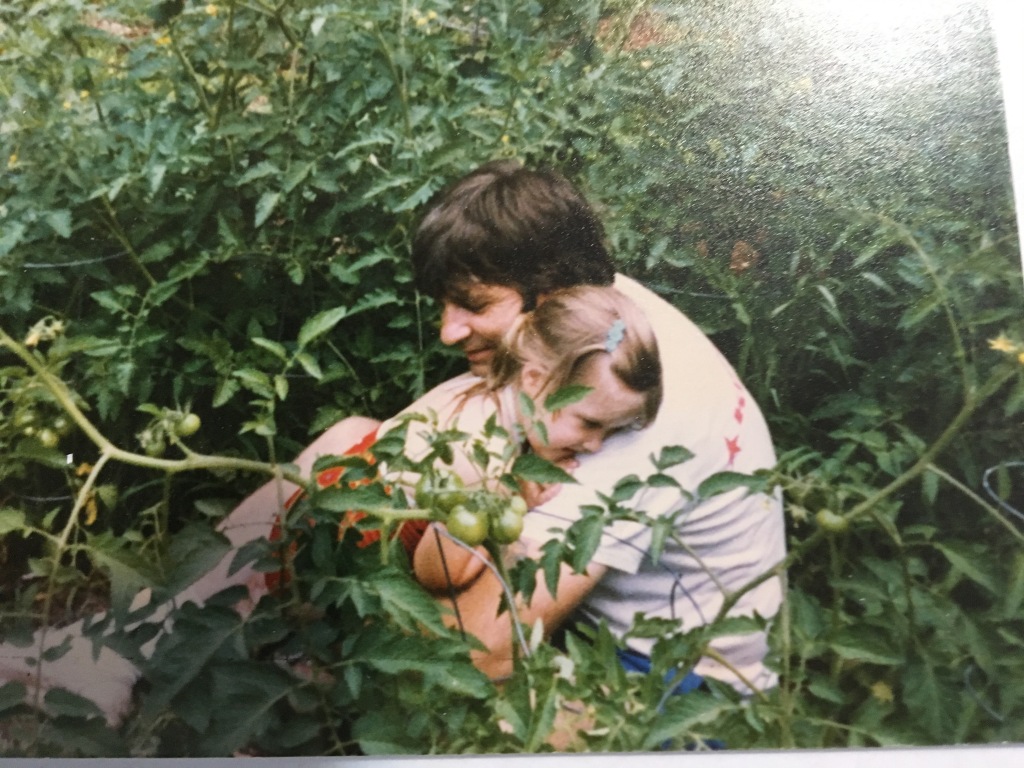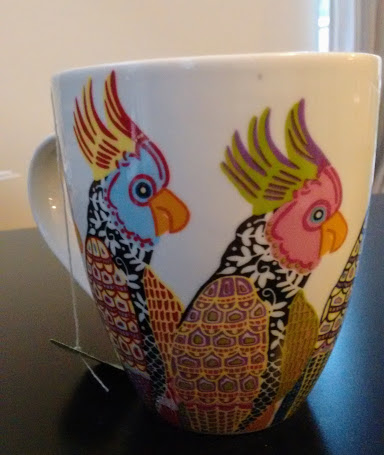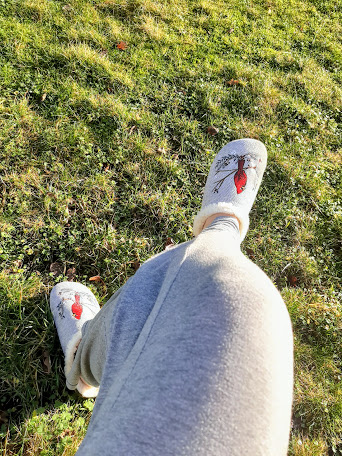When we were young, we were only allowed to shop at second-hand stores or in the sale rack at discounted department stores. In fact, usually in second hand stores, we had to look for the clothing marked down as well. A bag for a buck. All red dotted items half off. My mom would instruct us, “Only pick out things with the red sticker on the tag.”
She knew every good Church and charity thrift store within a 20 mile radius of where we were. Even vacationing with my grandma in Connecticut, she had several on her list. Sometimes the whole gang would pile into the car and go off to the “Hole in the Wall” which my dad and sister renamed “Hole in Head” for no particular reason. Perhaps because my dad was never a fan of shopping.
When I was young, I absolutely hated thrift stores. I hated the smell. I hated sorting through the pilled cloths, full of imaginary germs. I was always worried that someone would see me inside. I sulked around, picking up clothing with two fingers and giving dirty looks. I desperately wanted to go to the mall, to buy a fancy sweater from Abercrombie and Fitch.
But my mom was a dedicated thrifter way before it was cool. A way to save money and still get good quality clothing, she said. She was practical. She reminded me that if someone I knew saw me in this church thrift store, they were probably shopping there too. I never believed her. I hid behind shoe racks anytime the door opened. This went on for years.
After college though, thrifting (maybe surprisingly) became my hobby and my passion. As a penny pincher by nature, I understood something that I was too self conscious to realize when I was young. Second hand is better, more sustainable, cheaper and more fun. The variety! The finds! I’d scour church thrift stores before kids in Brooklyn knew what they were. (This is a lie, I am sure, but I was sad when my favorite church was run over 8 years ago by college kids, and all the fabulous five dollar leather jackets I used to find were swooped up by someone else much faster than me.) I still picked and grimaced, but this time with purpose and resolve. I would search racks for hours. Look through tables of clothes. I would be the girl who said “7 dollars!” when I received a complement for my boots.
The last time I visited my mom in SF for her birthday, my sister and I told her she could pick whatever she wanted to do for her day. First, as most moms often do, she bought herself a gift (a little backpack at a store in Chinatown) and thanked us all afternoon for the present she paid for herself. Then, afterwards, she wanted to do our favorite girl activity: hit the stores. For my mom, this obviously didn’t mean Bloomingdales. Her first choice was a Goodwill outlet, so not even the Goodwill, but a store that was even cheaper than that, with buckets of used shoes without a match. You paid by the pound. Nothing organized. All on the conveyer belt. The second was a bit farther away, a thrift store donating to cancer research, a great cause but a crazy establishment. I found a bunch of bloody tissues on the dressing room floor.
The funny thing about my mom: when she wants to dress up, to make something an occasion – I have never seen anyone as put together and as classy as she. On the flight to attend our wedding, for a fancy Christmas dinner, for a formal event, she steps out looking like a Chanel classic. Earrings to match. Perfect cashmere sweater. Classy, head to toe. When we gush, when we complement her, when we touch the soft fabric and marvel at her beauty, she always replies in the same way “oh this?” and shrugs it off, rolling her eyes, “just something from the Goodwill.”










